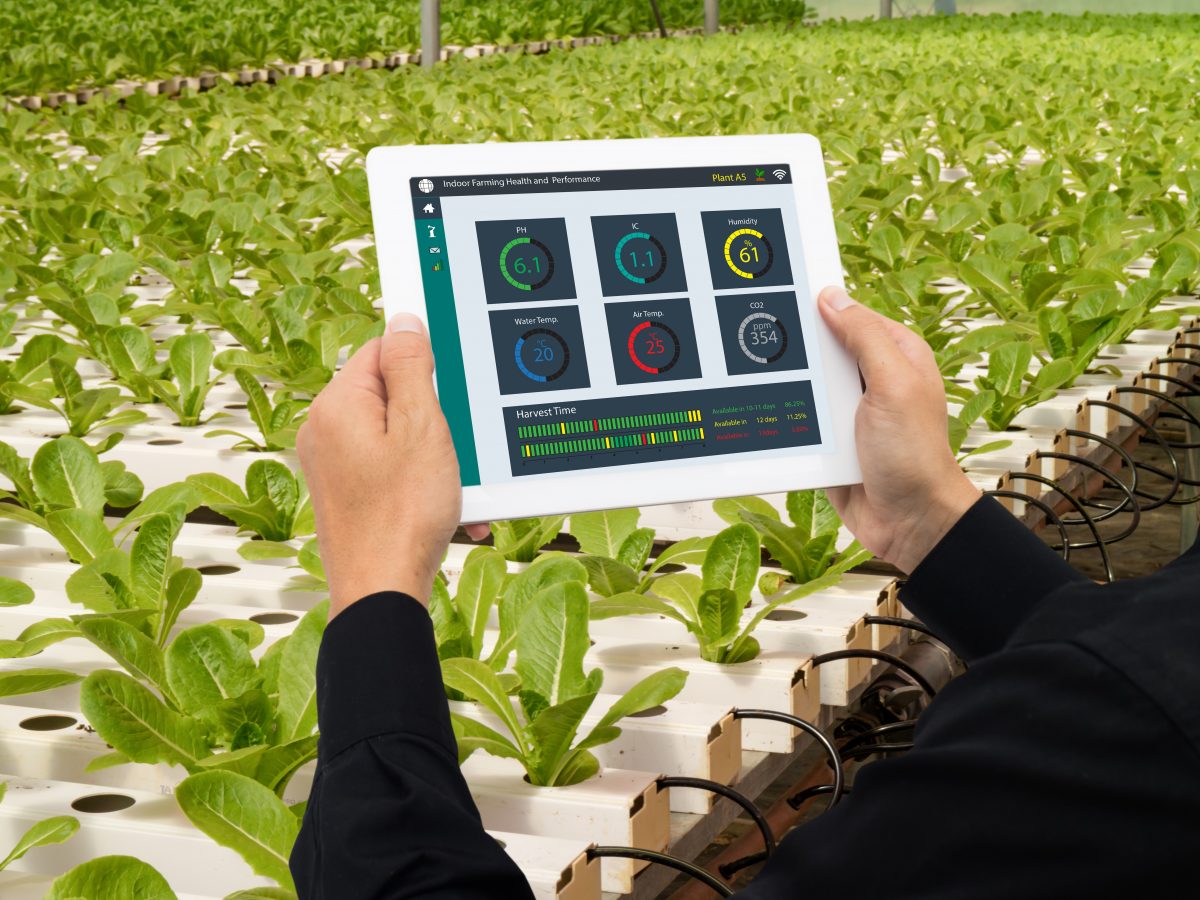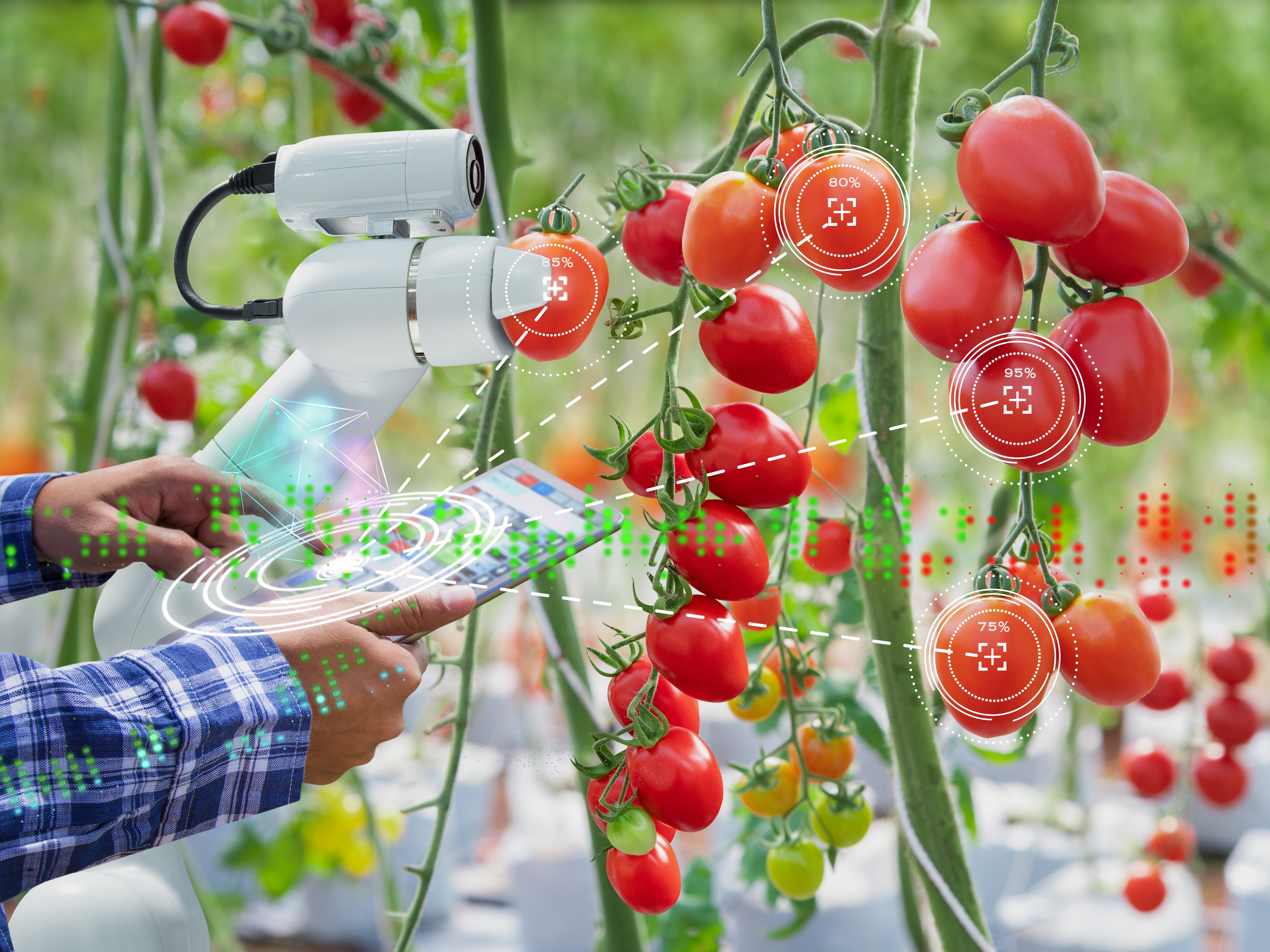A new report pinpoints five ‘future forces’ that will likely impact agriculture across Australia in the next 10 years. From these, it extrapolates these seven plausible 2031 scenarios– not as forecasts, but as food for thought and fuel for constructive dialogue.
The report, ‘Future forces: A ten-year horizon for Australian agriculture’, published in April 2021, was produced and written by independent global advisory firm Agthentic Advisory, and California-based NFP Institute for the Future, with support from AgriFutures Australia, previously the Rural Industries and Regional Development Corporation (RIRDC).
“In times of rapid and diverse change, horizon scanning can be the difference between success and failure for farmers, fishers, foresters, their supply chain partners, research agencies, and governments,” contends AgriFutures’ Michael Beer, General Manager, Business Development.
5 future forces
The report details five emerging social, environmental, and technological forces that the authors expect will impact our agrifood sector significantly in coming years:
- viral disinformation in the food system: food issues become increasingly susceptible to disinformation campaigns;
- interconnected digital infrastructure: an interconnected system of digital capabilities unleashes new opportunities in agricultural supply chains;
- rewiring the grid: distributed energy production is made possible by advancements in renewable and alternative technologies;
- domesticating the cell: new products, experiences, and concerns will arise from our ability to design biology; and
- new geographies of climate change: movement of people, climate regions, and crops define an era of uncertainty.

A farmer of the future might use a smart tablet to monitor and control conditions in a high-tech indoor farm. Credit: Monopoly 919/ Shutterstock
7 future scenarios
Combining these forces with emerging trends and innovations, the report outlines several potential futures for our agrifood sector and related industries:
- The war for the consumer relationship: ‘Many new stakeholders, including actors who have never before been in the agricultural system, will seek to influence and capture consumer interest as digitisation of every step of the food system increases.
- Regional redesign: ‘Driven by new energy systems and automation technologies, there will be a fundamental redesign of individual production systems and regions as everything from genetics to irrigation to layout of farm operations will be optimised for automation.’
- Outside solutions to climate problems: ‘New technologies such as advanced sensing, machine learning, and synthetic biology will help mitigate climate change volatility.
- Divorcing flavour, nutrition, and form: ‘Synthetic biology technologies will allow for the design of food products untied from natural production systems, and commercial competition will drive development of new foods through cellular agriculture, molecular engineering, and 3D printing.’
- Supporting full-spectrum producers: ‘Producers of the future will rely on a wide mix of income streams through broadly defined resource conversion: not only converting grass to meat or fibre, but also converting sunlight to solar power, soil to carbon sequestration services, or data collection to useful models.’
- The searchable food web: ‘Measurement and tracking tools, in combination with molecular tags and the internet of things (IoT), will allow for individual food products to be tracked and traced, increasing the importance of managing trust in food systems.’
- Biology goes digital: ‘Genetic therapies and gene editing tools such as CRISPR (a set of DNA sequences that allow for relatively easy gene editing) will become democratised through commercially available products, and biological manipulation will be possible for new organisations and producers.’
Rather than making predictions, the report extrapolates from the current state of affairs to provide food for thought and provoke constructive conversation among key decision-makers across agrifood industries and along the food value chain.
The best entry point to this report, say its authors, is the ‘What if?’ scenarios (page 10) – speculative vignettes of what life might be like for individuals involved in specific areas, in a future informed by the forces and forecasts outlined above, which in turn were based on the authors’ extensive ‘futures’ research.
The report was produced under AgriFutures Australia’s National Rural Issues (NRI) Program, part of the National Challenges and Opportunities arena. NRI is focused on ‘horizon-scanning research to inform debate and policy’.
Download the report
Download a pdf of the full ‘Future forces’ report.
About the authors
AgriFutures Australia
AgriFutures’ vision is to grow the long-term prosperity of Australian rural industries as it invests in research and development (R&D) that is adopted by and assists rural industries in being more productive, profitable and sustainable. In practice, this means delivering R&D for established industries that lack their own RDCs. AgriFutures conducts research and investment to address issues of national importance to Australian agriculture, R&D to accelerate the development of emerging rural industries, and initiatives to build the capabilities of tomorrow’s rural leaders. Read more.
Agthentic Advisory
A global strategy and advisory firm working at the intersection of technology and agriculture to help innovators build the food system of the future. Agthentic works with agribusiness and industry to evaluate emerging technologies, engage with the food and agricultural ‘innovation ecosystem’, and scale business-model innovations that lead to adoption and impact. It provides ‘unique insights and deep expertise to help organisations understand and harness the processes that unlock the potential of innovative agriculture for global impact’. Read more.
Institute for the Future (IFTF)
IFTF is the world’s leading futures organisation. For more than 50 years, businesses, governments, and social impact organisations have depended upon IFTF’s global forecasts, custom research and foresight training to navigate complex change and develop world-ready strategies. IFTF methodologies and toolsets yield coherent views of transformative possibilities across all sectors that together support a more sustainable future. Institute for the Future is a registered 501(c)(3) non-profit based in Palo Alto, California. Read more.
Source: Future forces: A ten-year horizon for Australian agriculture I AgriFutures Australia, Agthentic Advisory, www.agthentic.com and the Institute for the Future. www.iftf.org


